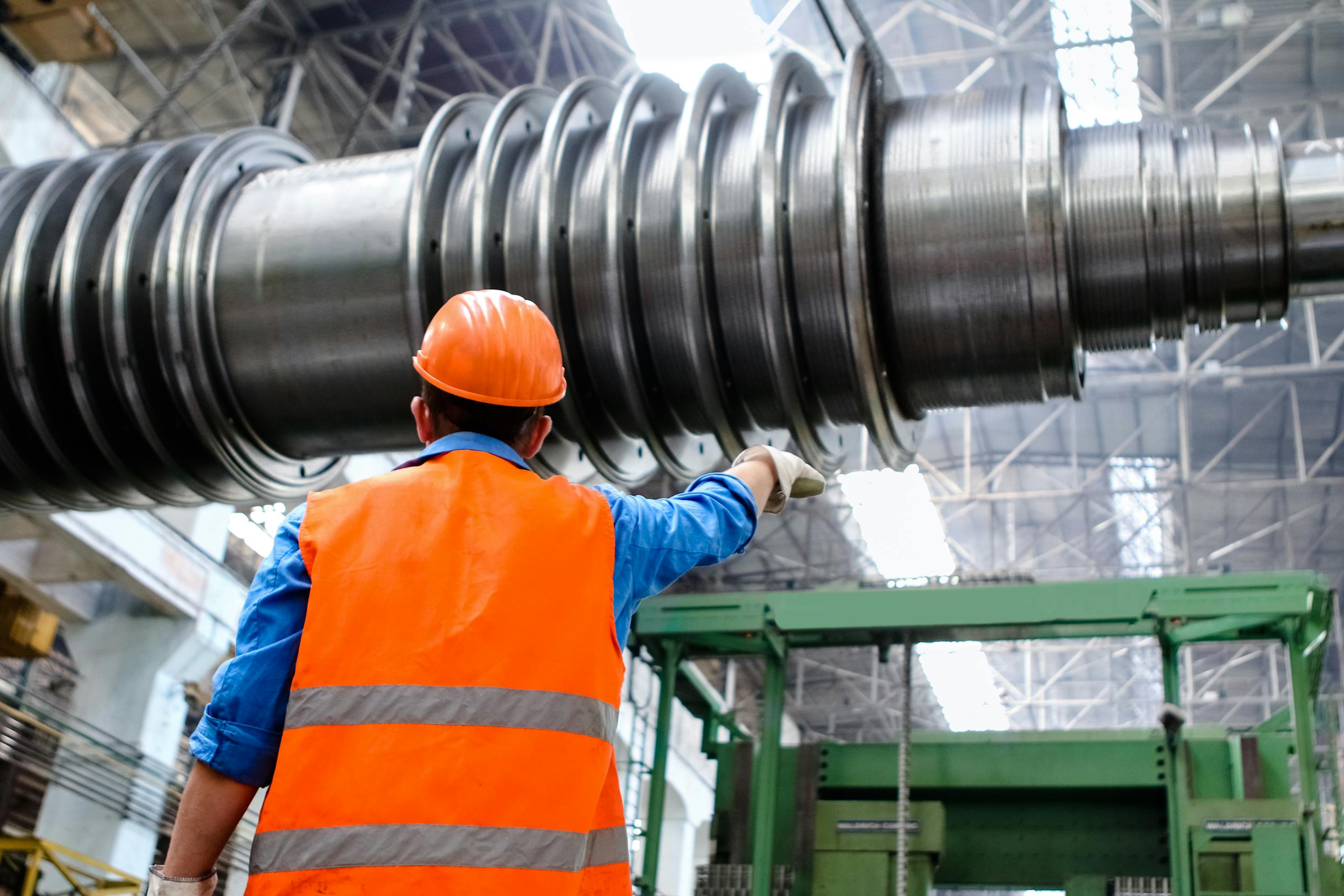Mechanical
Mechanical engineers design machines that generate power, including electric generators, internal combustion engines, and steam and gas turbines. They also design machines that consume power, like refrigeration units and air-conditioning systems. Additionally, mechanical engineers work on the design of various machines within buildings, such as elevators and escalators.






Mechanical Steps
Design of all types of hydronic, air, refrigeration and steam HVAC systems.
Design of Building Management Systems (BMS Systems).
Inspection and overall assessment of operating conditions of existing mechanical systems for property acquisitions and/or to create budgets for capital improvement projects.
Work with Energy Service Companies (ESCOs) in assessing conditions of existing HVAC systems to determine savings in maintenance and operation when implementing new systems, and utilizing those saving to offset cost to implement upgrades.
Provide assistance to Sustainable Design Consultants to determine best project specific HVAC system to reduce energy consumption and maximize LEED Rating Goals.
Electrification of existing buildings that utilize fossil fuel to heat pump type HVAC systems or other types of sustainable design HVAC systems.
When doing work in campus settings or doing tenant design work, coordinate with owners for extension of chilled water, hot water, steam or air systems and for compliance with base building or campus HVAC design standards.
Assist building developers and public agencies in conducting Value Engineering (VE) studies to reduce cost of construction of HVAC systems.
Provide technical assistance to contractors and construction managers during HVAC construction phase to verify codes compliance, compliance with design intent, overall quality assurance in construction of HVAC systems, verify accuracy of RFI responses by Engineers of Records (EORs), assist in resolution of HVAC conflicts and/or unforeseen filed conditions, assist on resolution of objections from building inspectors, provide assistance to HVAC systems commissioning agents and for startup of HVAC systems and during air and hydronic balancing.
HVAC systems code compliance analysis.
Write field reports and scope of work reports for existing HVAC systems, and schematic reports for new HVAC systems.
Production of HVAC design in CAD and/or REVIT (BIM).
Writing of HVAC Specifications.
